Football is often celebrated for its moments of triumph, incredible talent, and legendary teams. However, the narrative of the sport also includes the opposite end of the spectrum—teams that have struggled to find their footing, languishing in mediocrity or outright failure. This article from Win Betting Tips focuses on the question: What is the worst football team in the world? the factors contributing to their struggles, and the lessons these teams provide for the footballing world?
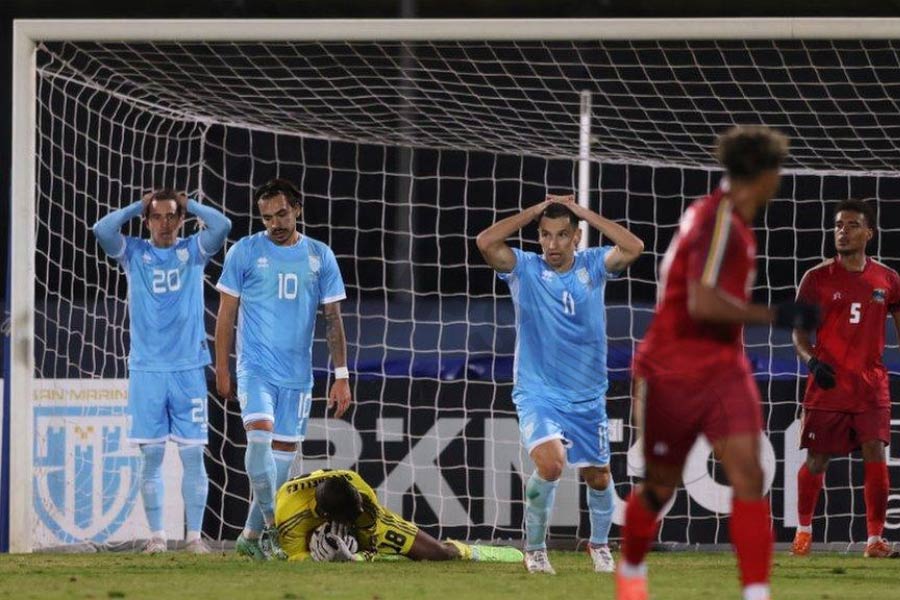
Defining the “Worst Football Team”
The title "worst football team" can be subjective, as it depends on various factors such as win-loss records, player quality, or the inability to achieve set goals. Some teams have earned this label due to consistently poor performances in their leagues, a lack of resources, or being unable to compete effectively at higher levels of competition.
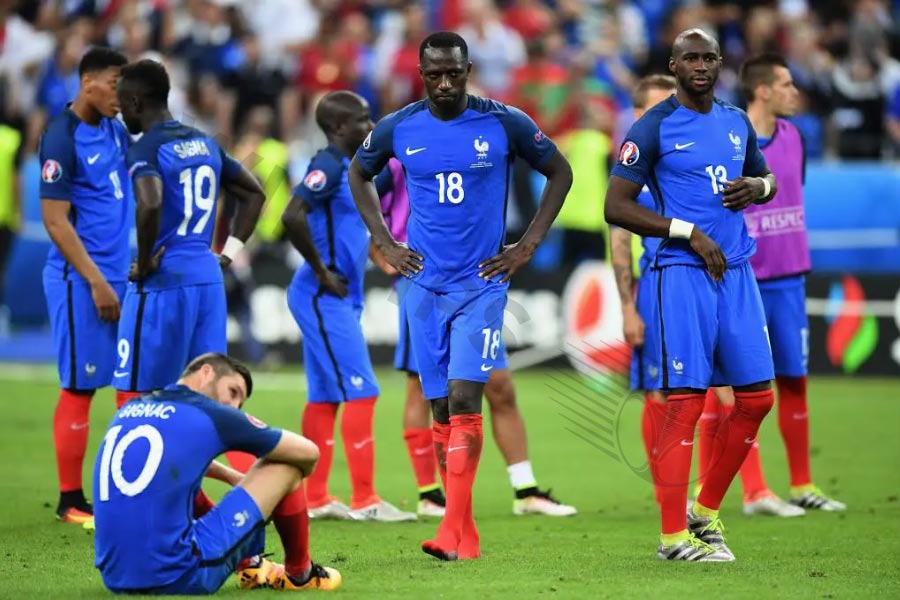
It is essential to distinguish between teams that are temporarily underperforming and those that have a historical record of failure. For instance, a top-tier team enduring a single poor season cannot be classified as "worst," but a team that habitually finishes at the bottom of its league might qualify.
What is the worst football team in the world?
San Marino
San Marino, the smallest nation in FIFA’s rankings, holds the unenviable title of one of the worst football teams in the world. Despite the dominance of European teams on the global stage, San Marino has endured a prolonged history of defeats. Since their first match in 1986, they have managed only two wins.
Their first victory came in 2004, a friendly match against Liechtenstein, ending 1-0. It would take two decades for the second win to arrive, also against Liechtenstein, during a UEFA Nations League match in September 2024. This victory marked a turning point for the team, signifying a steady yet significant improvement in performance.
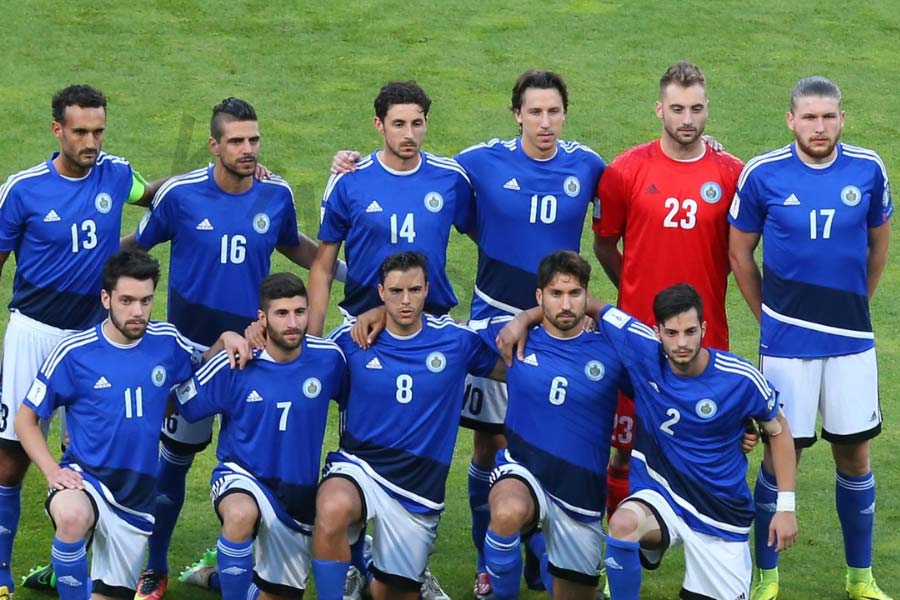
Recent results have shown resilience. While they suffered defeats against Denmark and Finland in 2024, these were narrow losses, with scores of 2-1. The November international break brought a historic 3-1 win against Liechtenstein. These results suggest that San Marino is starting to close the gap between themselves and stronger opposition.
Anguilla
Anguilla sits just one place above San Marino at 209th in the FIFA rankings. Representing the Caribbean, Anguilla has never qualified for the FIFA World Cup or CONCACAF Gold Cup. Their biggest defeat came in 2019 when Trinidad and Tobago inflicted a 15-0 thrashing.
However, Anguilla’s footballing history also boasts a few moments of triumph. Since their first international match in 1985, they have won nine games. One of their most memorable victories occurred in February 2001 when they beat Montserrat 4-1 during the Caribbean Cup qualifiers.
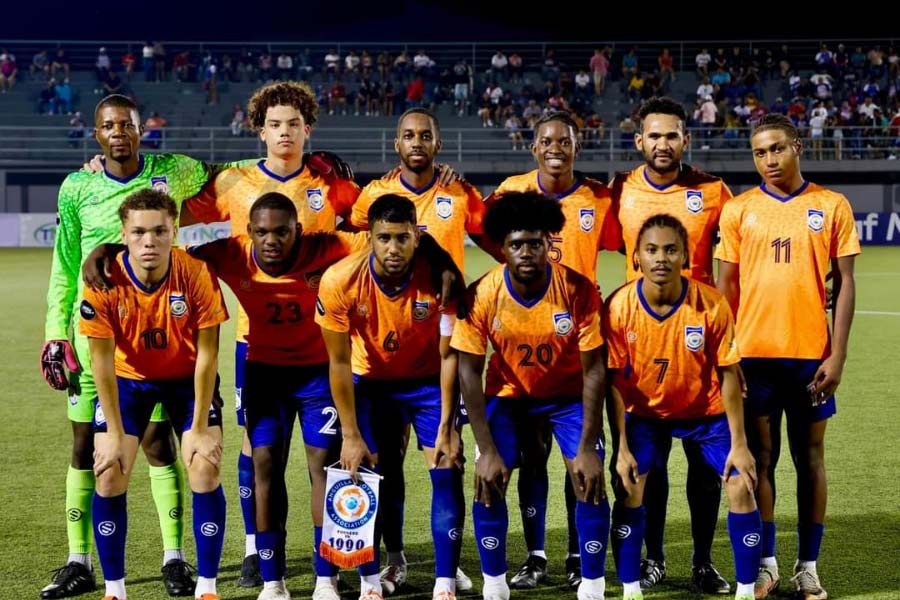
Recent years have seen occasional success, including a 2-0 victory over Turks and Caicos in a CONCACAF Nations League match in September 2024. While their footballing journey has been fraught with challenges, Anguilla continues to strive for improvement and development on the field.
Guam
Guam, an island nation in the Pacific, has seen better days in the FIFA rankings. At their peak in 2015, they ranked 146th after notable victories against Turkmenistan and India. Jason Cunliffe, Guam’s most celebrated player, remains a cornerstone of the team with 66 caps and numerous goals.
Learn the definition of what is a bookmaker to immerse yourself in the exciting and thrilling world of football betting.
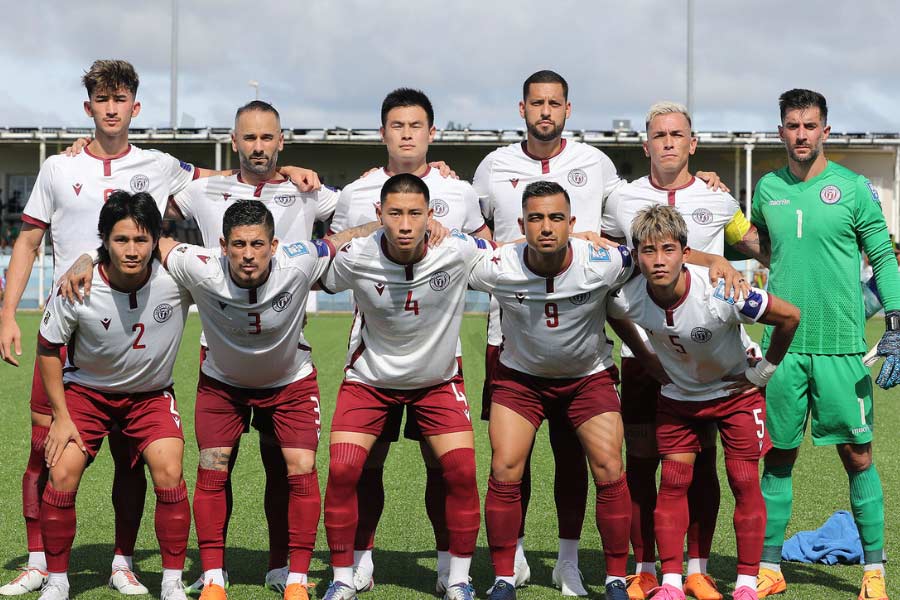
However, Guam’s recent form has been less encouraging. They have lost their last 12 matches, including two heavy 7-0 defeats to China. Their last win dates back to 2019 when they defeated Bhutan 5-0 in a World Cup qualifier. Despite the setbacks, the team continues to showcase their passion and dedication to the sport.
Somalia
Somalia, also known as "The Ocean Stars," has faced significant challenges in maintaining competitive form. Ranked 202nd, they have played only a handful of matches in 2024, drawing once and losing three times. Their best ranking was 65th in the mid-1990s, a period of relative success for the team.
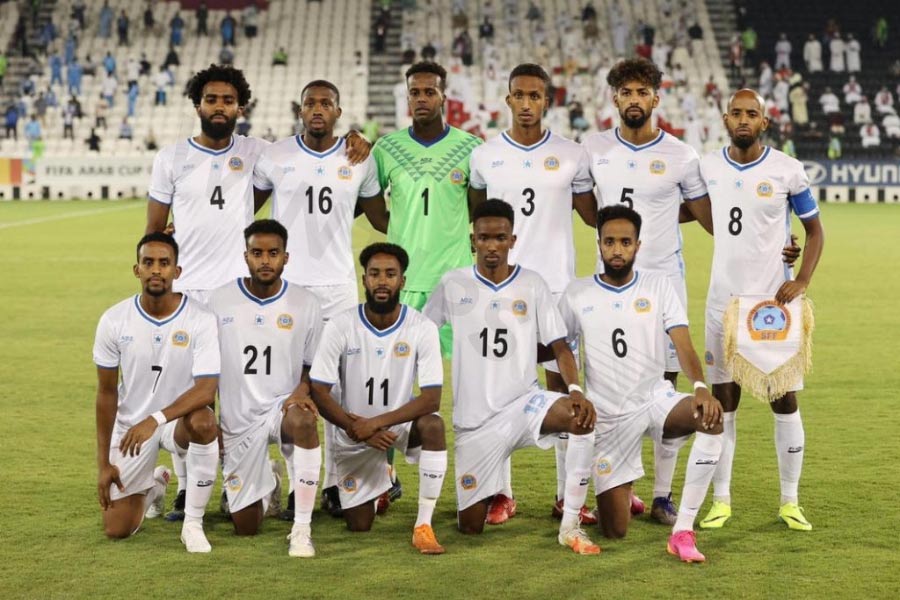
Despite their current struggles, Somalia has avoided any humiliating defeats in recent years. Their heaviest loss remains a 14-0 thrashing by North Korea in 1963. While the nation has yet to qualify for a World Cup or Africa Cup of Nations, it continues to rebuild and aim for better performances in future tournaments.
Tonga
Tonga’s footballing history is marked by one of the heaviest defeats in international football. In 2001, they lost 22-0 to Australia during a FIFA World Cup qualifier. Despite this setback, the team has shown glimpses of improvement.
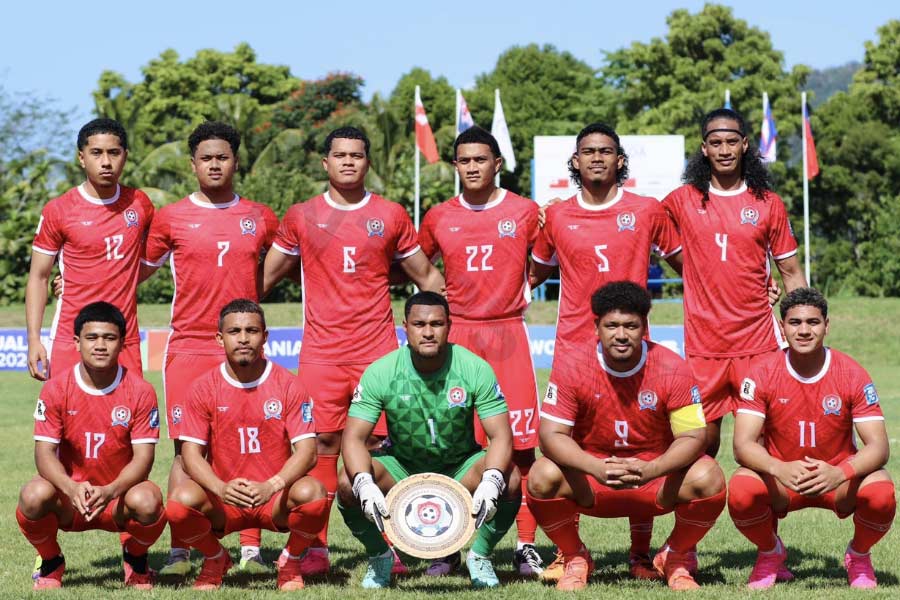
In 2023, after a four-year hiatus, Tonga returned to international football, achieving a morale-boosting 6-2 victory over American Samoa in the Pacific Games. They currently sit 199th in the FIFA rankings and aim to climb further as they continue to rebuild their squad.
Bolivia
Bolivia stands out on this list as the highest-ranked team, sitting at 79th. Unlike the other teams discussed, Bolivia has a rich footballing history, having qualified for the FIFA World Cup three times (1930, 1950, and 1994). However, they have yet to progress beyond the group stages.
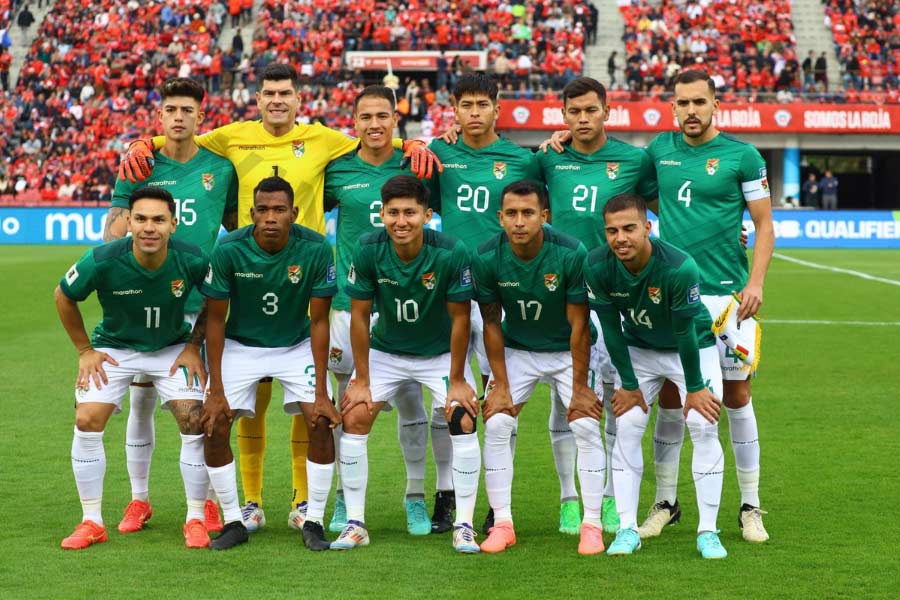
Bolivia’s most notable World Cup moment came in 1994 when they held South Korea to a 0-0 draw and narrowly lost to Germany and Spain. In recent times, their performances in the 2024 Copa América saw them eliminated in the group stages, but the experience gained will likely serve them well in future campaigns.
Panthrakikos
Hailing from the Greek Super League, Panthrakikos has faced one of the most challenging campaigns in its history. With just two points earned from 14 matches, the team languishes at the bottom of the league table. Their goal tally of seven scored against a staggering 30 conceded paints a grim picture of a team unable to find balance in either attack or defense.
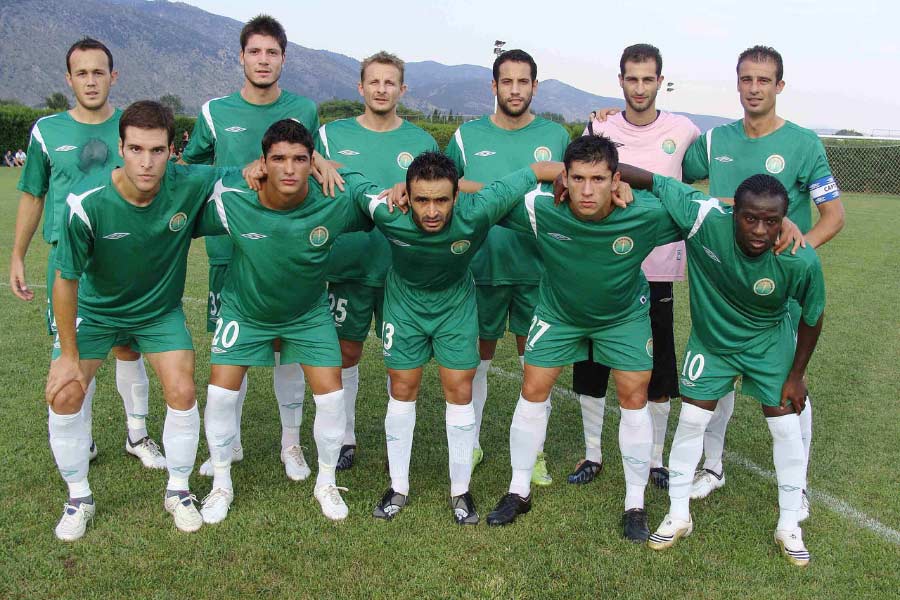
The season has been a harsh reality check for Panthrakikos. Each match seems to exacerbate their troubles as they struggle to adapt to the relentless pace and tactical demands of the Super League. Despite the odds being stacked against them, the players continue to take the field, embodying resilience even in the face of near-certain relegation.
Hong Lok- The world's worst football team
On the distant shores of Macao, another football team, Hong Lok, is enduring its own set of challenges. Competing in the Primeira Divisão do Campeonato, the team has only managed to claim a solitary point in 14 games. Even more concerning is their defensive record—an alarming 54 goals conceded, highlighting the team's vulnerabilities.
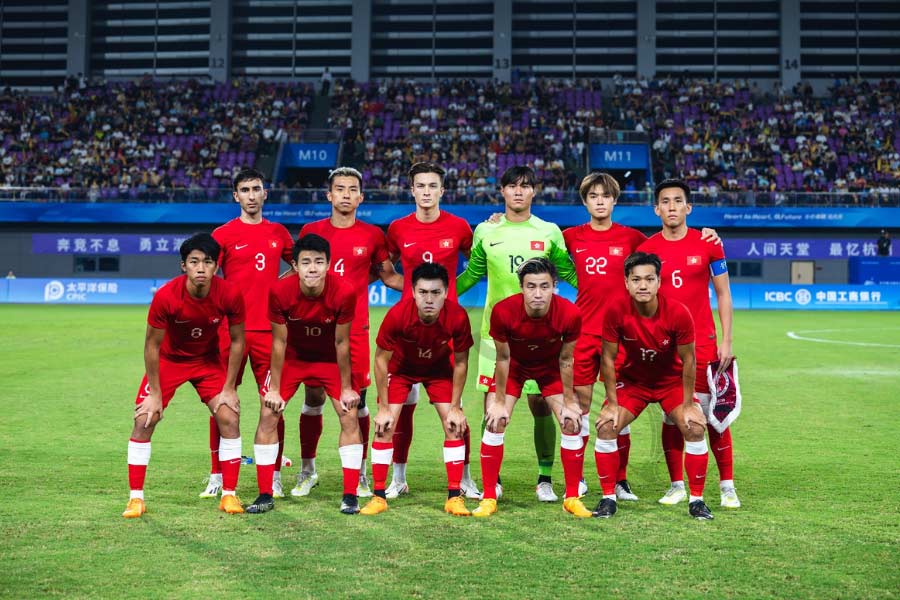
Hong Lok's struggles are perhaps most vividly illustrated by their crushing 10-0 defeat at home to the league's eventual champions, Lam Pak. This defeat, among others, underscores the disparity in quality between Hong Lok and their rivals. While football is often celebrated for its unpredictability, Hong Lok's season has been anything but, as loss after loss compounds their plight.
Reasons Behind Poor Performance
Lack of Funding
A lack of financial resources is a common factor behind underperforming teams. Without adequate funds, teams struggle to attract quality players, hire experienced coaching staff, or invest in proper facilities.
Poor Management
Ineffective management at the board and coaching levels often leads to disorganized teams and underwhelming performances. Bad recruitment decisions, lack of clear strategies, or managerial instability can sink even promising squads.
Competition Level
Some teams are simply outclassed due to the level of competition. Clubs promoted to a stronger league often find themselves unprepared for the heightened intensity and quality, leading to poor results.
Geographic and Demographic Constraints
Small countries or regions, like San Marino or Fort William’s Lochaber area, have limited populations and fewer athletes to select from. This lack of talent depth can severely restrict a team's potential.
In conclusion
The label of the worst football team of all time might carry negative connotations, but these teams represent an essential part of football’s rich tapestry. As fans, analysts, and participants, we can learn from their struggles, celebrate their occasional victories, and appreciate the deeper meaning of the beautiful game. While these teams may not lift trophies, they embody values that resonate far beyond the pitch—dedication, passion, and hope.
Read more: The fastest player in Bundesliga: Who holds the top spot?







